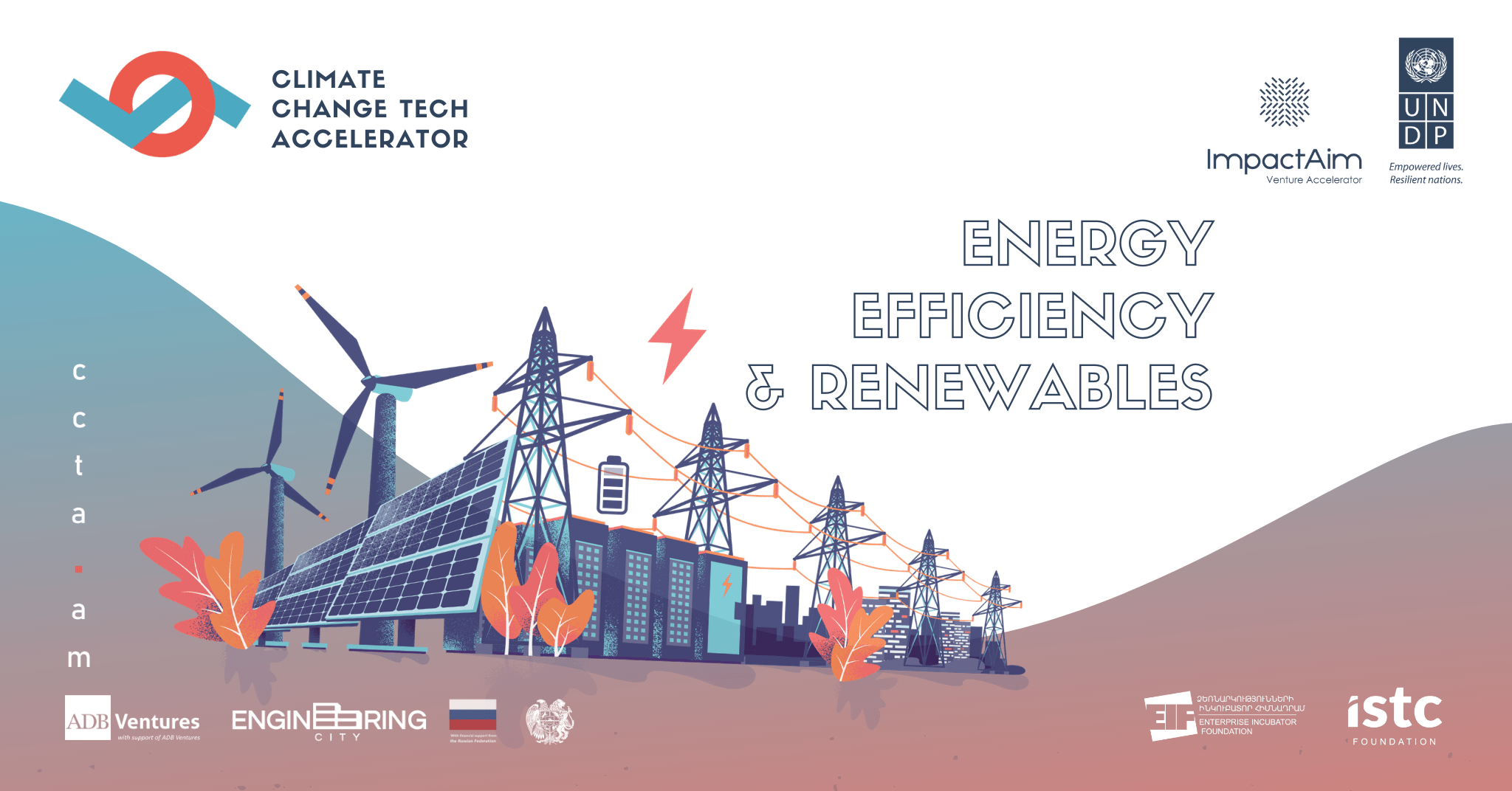Extreme weather conditions are an annual event in the Middle East
Floods or extreme heat are weather phenomena that are already part of everyday life in Europe. However, climate change has not only left its mark on Europe.
The Middle East has been badly affected by extreme weather conditions in recent years. In some regions, droughts mean that the ability to plan harvests is severely restricted.
The Middle East has also been plagued by conflicts for decades. Persistent droughts or other factors that can be attributed to the climate therefore have a destabilizing effect on individual regions or entire countries.
The possibilities of individual states to prevent climate change are also very limited, although it is precisely here that some of the most drastic consequences become apparent. Approaches to solutions must therefore be made on a global level.
Rising temperatures deprive many people of their livelihood
In the Middle East, the export of food is not necessarily comparable to what a German supermarket has to offer. Many fresh fruits and vegetables therefore come from the respective region.
Droughts that have been observed in Iraq and Egypt in recent years have also resulted in supply bottlenecks. The smaller the harvest, the higher the prices. If the bottlenecks are annually recurring events, unrest can also arise in the population in order to make the displeasure about this situation heard.
Farmers who make a living from agriculture and who own land hardly have the financial means to make a fresh start in another part of the country. For the people living there, there is a certain hopelessness mixed in with the extreme weather.
The rise of the sea level is another problematic factor
A second danger for all coastal regions is rising sea levels. Former land masses will be underwater in the future, while salt water will flood fields and destroy crops at the same time.
This scenario also raises fears of destabilizing the Middle East. In addition, it is already becoming apparent that the governments there are not sufficiently prepared for these very realistic scenarios. This increases the risk of unrest, which will result in a thoughtless reaction. Climate crises give rise to conflicts that would make it even more difficult to find a solution.
The Middle East will only master this crisis with mutual support
The Middle East, like Europe, consists of different countries. Their interaction is sometimes accompanied by friendly relationships and in some cases by a greater distance.
In the future, one of the challenges will be to overcome this distance on certain topics. With common goals and the desire not to turn this region of the world into a hostile place, the countries of the Middle East can also interpret climate change as an opportunity.
With a strong community, it can also be possible to better master future challenges in other areas.
Climate refugees are a sad reality for the years to come
Until a solution is within reach, it is important to face reality in other parts of the world as well. In the next few years and decades there will be people who will be forced to flee the Middle East due to the climate.
How to deal with this situation should be determined in advance by then. If politicians in Europe or other parts of the world react as hesitantly as they did with other refugee flows in the past, destabilizing conflicts cannot only be foreseen for the Middle East.


